How to Choose a Chicken
NextBest Chickens as Pets
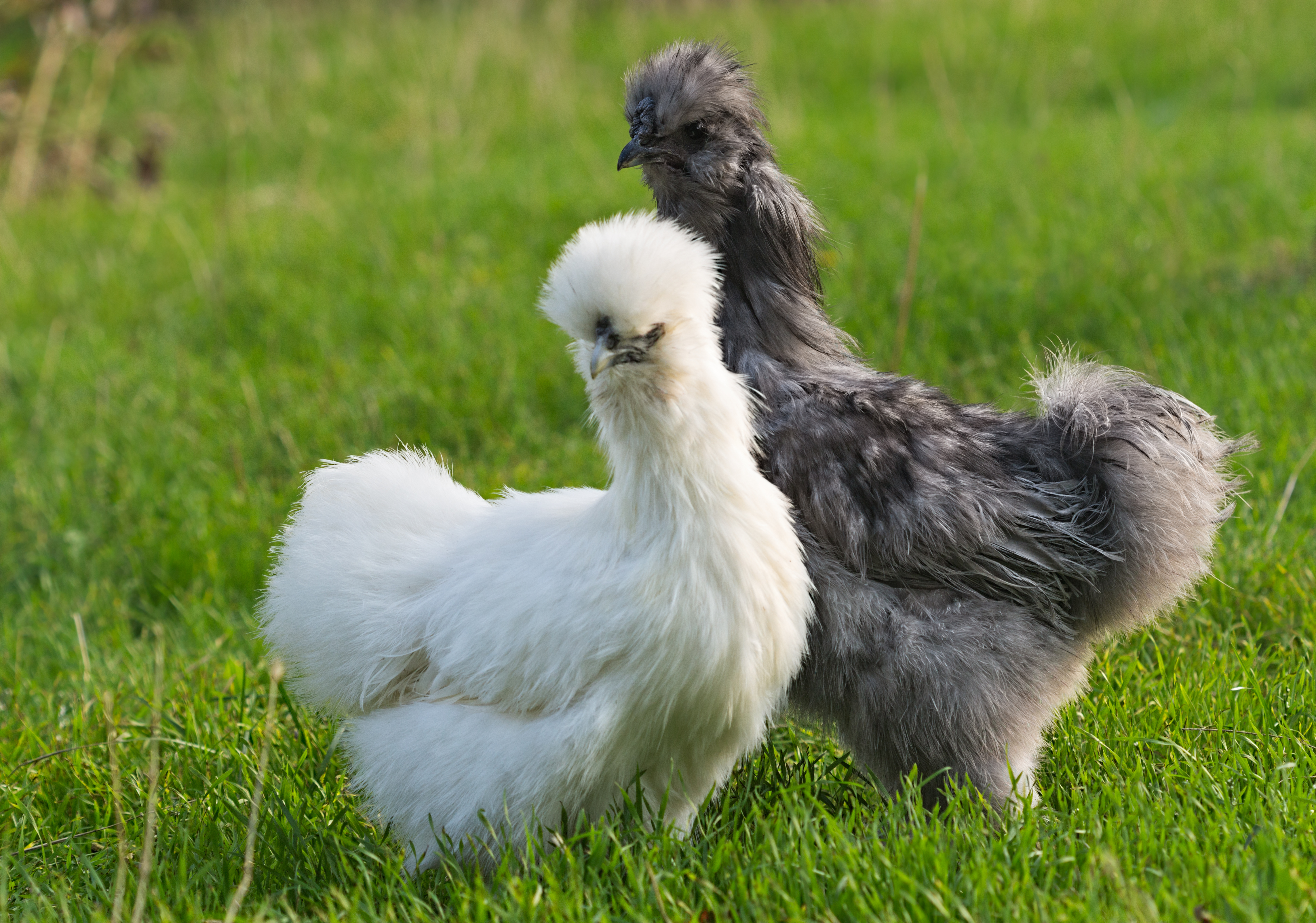
Silkies
Temper: Friendly & Quiet
Weight: Very Light
Eggs: Medium Cream, Moderate production
Fun fact: Their skin and bones are black and are one of the few
breeds to have five toes.

Speckled Sussex
Temper: Friendly & Curious
Weight: ~ 7 lbs
Eggs: Large, Brown, Very high production
Fun Fact: The speckled sussex is thought to be the oldest breed of
sussex chicken!
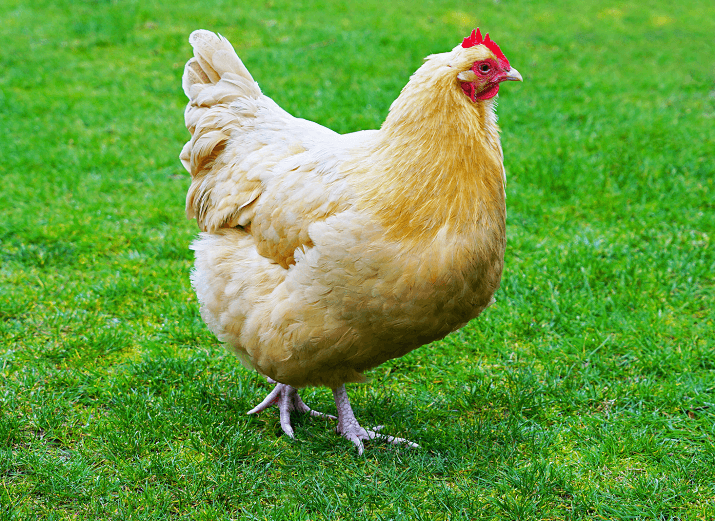
Buff Oprington
Temper: Friendly & Docile
Weight: ~ 8 lbs
Eggs: Large, Brown, ~280 eggs
Fun Fact: They are considered to be the perfect family-oriented
bird! Place with other docile birds because they may get picked
on.
Best Chickens for Chicks

Silkies
Temper: Friendly & Quiet
The Silkie is not a very productive egg layer, and is not known for
being particularly broody, but is one of the most nurturing hens
when they do become broody and are among the most reliable.
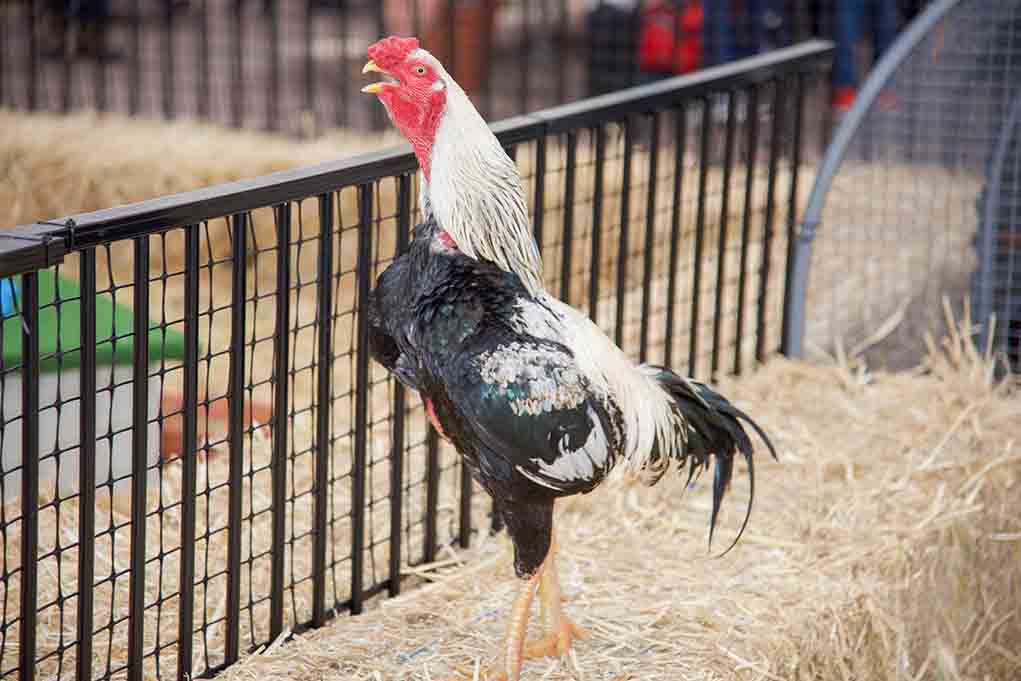
Dorking
Temper: Friendly & Tolerant
The Dorking is a very highly regarded all-purpose chicken.
Unfortunately, it is considered endangered, and availability is very
selective. This bird is only authorized right now for brooding to
increase the population size and stabilize the breed's future before
it returns to general purpose.
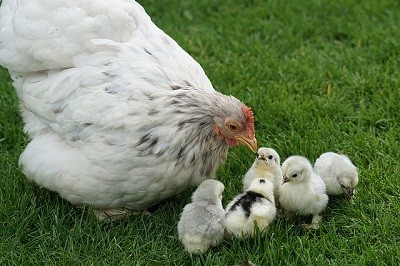
Cochin
Temper: Docile & Slightly Broody
Weight: ~ 7 lbs
Eggs: Large, Brown
Fun Fact: One of the few chicken breeds to continuously lay eggs
during the winter months, when most hens stop laying.
Best Chickens for Eggs
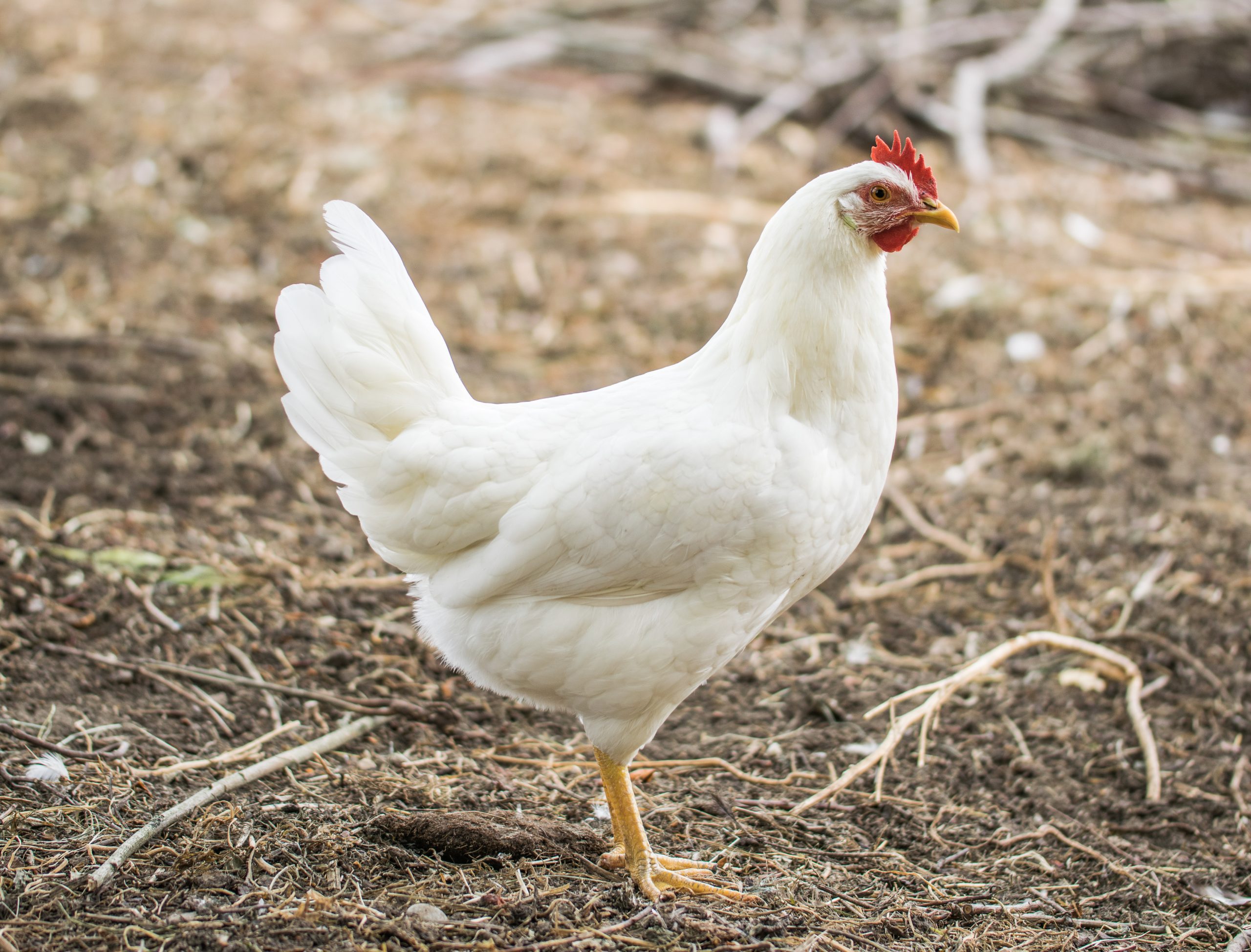
Leghorns
This chicken is the star of the American Egg Industry
There are two varieties, one that has been modified for the food
industry and a heritage variety that does much better in a backyard
setting.
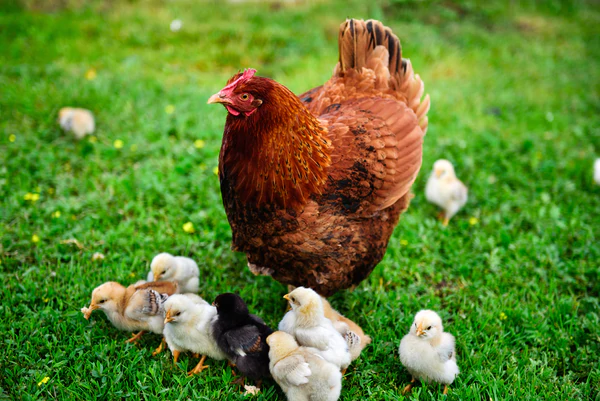
Rhode Island Red
Temper: Docile & Active
The Rhode Island Red is a highly successful egging bird. It was bred
as a dual purpose bird, but as it lays up to 300 brown eggs a year,
and is not broody, it is a prime choice for egg farmers across
America.
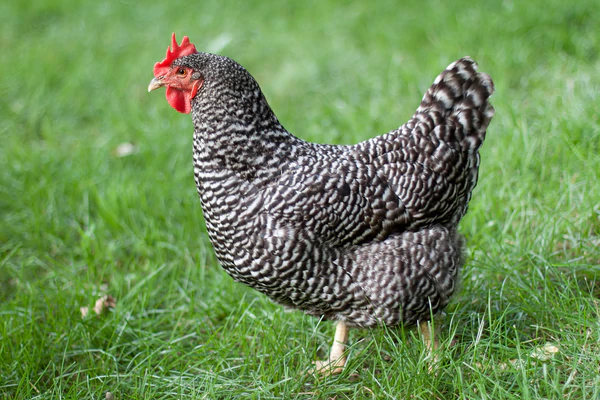
Plymouth Rock
Temper: Docile & Slightly Broody
After world war 2, the Plymouth Rock was determined to be not
productive enough of an egg layer, despite keeping up with the Rhode
Island Red, and was cast aside. The breed disappeared for 20 years
and reappeared with several more varieties: barred, blue, buff,
colombian, partridge, silver, and white.
Best Chickens for Meat
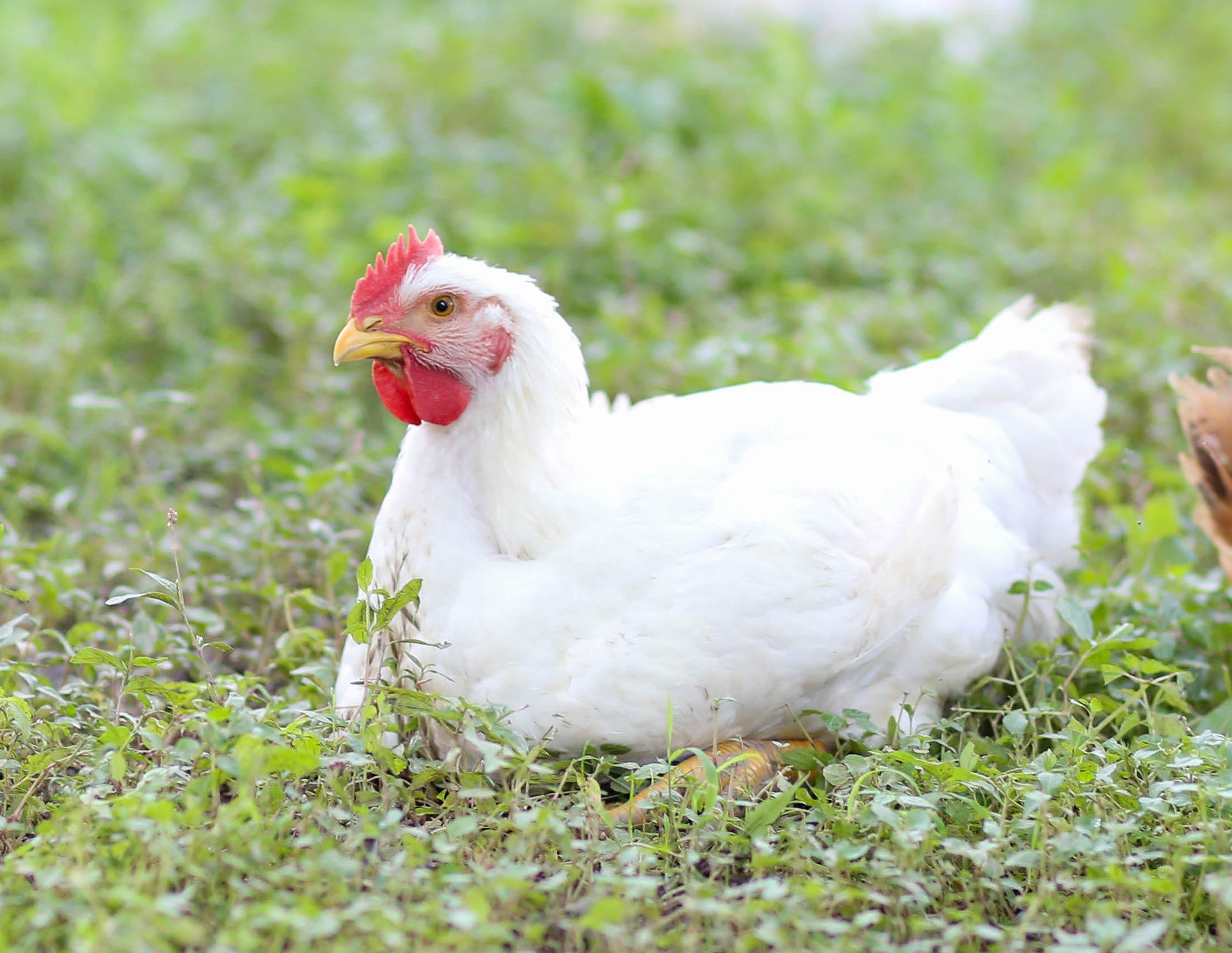
Cornish Cross
This chicken is the star of the American Egg Industry
There are two varieties, one that has been modified for the food
industry and a heritage variety that does much better in a backyard
setting.
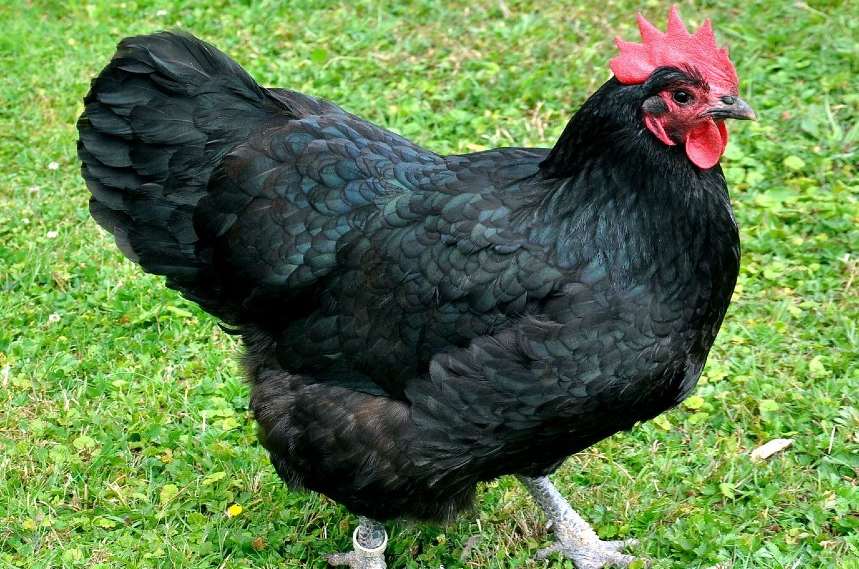
Australorp
Temper: Docile & Active
The Rhode Island Red is a highly successful egging bird. It was bred
as a dual purpose bird, but as it lays up to 300 brown eggs a year,
and is not broody, it is a prime choice for egg farmers across
America.
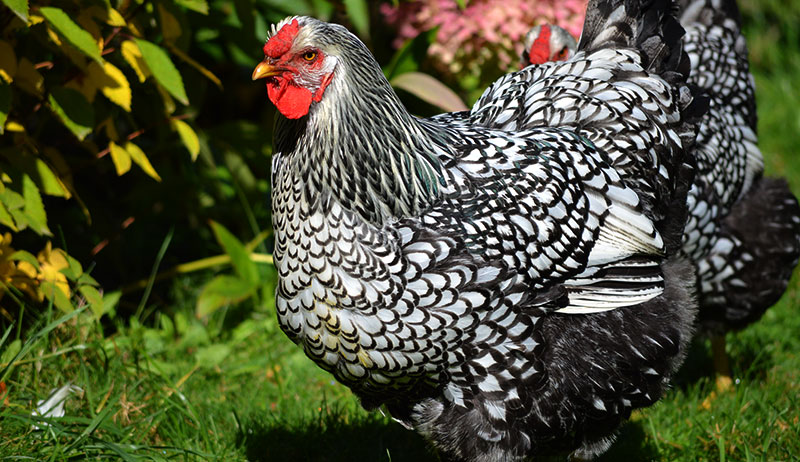
Wyandotte
Temper: Quiet & Reserved
Weight: ~ 8 lbs
Eggs: Large, Brown, & ~ 200 eggs a year
Fun Fact: Wyandottes come in a large variety of colors: blue, red,
silver, & gold. They used to be called American Sebrights.
Alternatives to Chickens
If you aren't sure about chickens specifically, there are other breeds of birds you can keep for any of the reasons listed above. You can keep quail, ducks, or geese. Quail are small and very quiet, but as a result, their eggs are very small as well. If this is not a problem, then they are a great alternative as they don't need much space, and are easy to maintain. Ducks are a bit louder than chickens, but their eggs are more valuable, and depending on the breed of duck, they can either be broody or non-broody. They will be happiest with a body of water to splash around in. You could use a small wading pool to satiate their desire for swimming. Geese are not a very common choice - they can be loud and - at times - aggressive. Geese are not necessarily aggressive, but they are more likely to become aggressive than the other two listed here. On the other hand, they produce very large eggs, and are big enough that cuddles are an option!
Prepare a Space
The biggest limiter when making your flock is available space. If your chickens are not going to be free-range, then you have to supplement enough space in a run. You have to make sure both your coop and run can accomodate the number of chickens you want to have. In a coop, you want 2-3 square feet available per chicken. In a run, you want 4-5 square feet available per bird. This will minimize fighting and make sure your chickens stay happier. Make sure you also do your best to keep the coop insulated and both the run and coop water-tight and well-vented. Standing water in the run can make chickens sick. Poor ventillation will increase the likelihood that the coop will stink and may increase predator activity.
1-4 Chickens
 Buy This Model
Buy This Model
4-6 Chickens
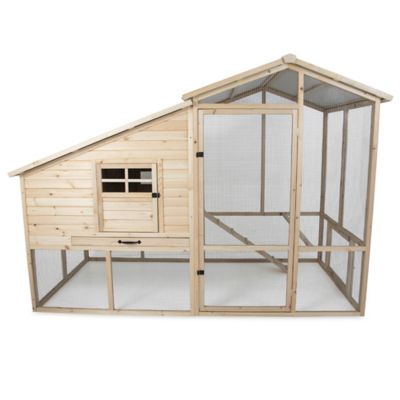 Buy This Model
Buy This Model